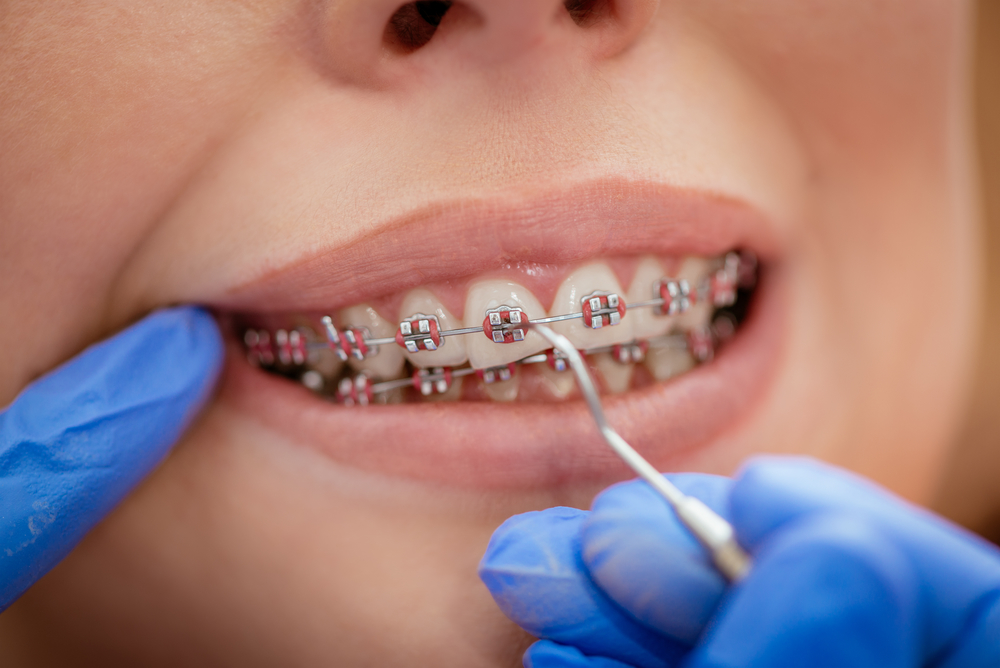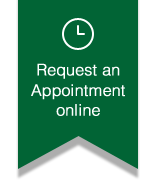
Certain orthodontic conditions are more effectively treated if they are detected early. Interceptive orthodontic treatment can help to prevent more severe issues later on and gives your orthodontist the ability to control where your child’s permanent teeth are going to come into the jawbone.
The American Association of Orthodontists recommends that children see an orthodontist as early as age seven. At this point, your child’s orthodontist can evaluate whether your child will need orthodontic treatment before their permanent teeth begin to emerge.
Benefits of Early Orthodontics
While most orthodontic issues are best treated after all permanent teeth have come in, early treatment can also be in a patient’s best interest if a present problem can become more severe over time. The goal of early orthodontics is to intercept the developing issue and to provide adequate space for the incoming permanent teeth.
There are many benefits of early orthodontic intervention, including:
- Determining the best prognosis for how your child’s permanent teeth will develop
- The ability to correct habits that may be the cause of developmental issues including thumb sucking or tongue thrusting
- Fixing bite issues such as an open bite, cross bite, or deep bite
- Guiding the growth of the jaw to accommodate emerging teeth
- Lowering the risk of potential damage to protruding teeth
- Alleviating future and more invasive dental corrections
- Improving your child’s self-esteem by altering the appearance of their smile, mouth, lips, and facial structure
Teeth Conditions To Watch For
A thorough orthodontic evaluation of your child’s current teeth and mouth will reveal how your child’s jaw is developing. An initial orthodontic consultation enables us to provide interceptive treatment options that can correct the following bite conditions:
- Open bite – A type of malocclusion where the upper and lower teeth do not touch when the mouth is closed
- Deep bite – A severe orthodontic condition in which the upper front teeth excessively overlap the bottom front teeth when back teeth are closed
- Crossbite – When a tooth (or teeth) are closer to the cheek or tongue than to the upper or lower dental arch
- Overjet bite – When the top front teeth point outwards or protrude over the bottom teeth.
- Overcrowding – When there is not enough space for the teeth in the mouth, abnormal bite patterns, and overcrowding form
- Spacing – Gaps and spaces form when the teeth are too small for the jawbone, resulting in teeth that are spaced too far apart
- Missing teeth – Research has shown that as many as 20% of people are born with at least one missing permanent tooth
- Ankylosed teeth – A condition where the tooth stops erupting and stays in the same place, causing the permanent tooth to be displaced upon emergency.
Why Earlier Is Better
There are several reasons why children can benefit from an orthodontic evaluation at an early age. However, it’s vital to recognize that early evaluation is not always followed by early treatment. In many cases, if orthodontic work is recommended, your child’s growth patterns will be closely monitored until it’s the right time for that treatment to begin.
Every child’s development is different, and their orthodontic treatment should be too. Treatment for common orthodontic problems will typically begin around the age of 9-14, once all of the baby teeth are gone, and the permanent teeth start to take their place. Utilizing orthodontic appliances, including a palate expander, headgear, and even braces can all be used to successfully correct bite problems at an early stage.
Schedule a Braces Consultation
Some problems are more straightforward to correct if they are found and treated early on. Give your child the best opportunity for a healthy, beautiful smile by scheduling them a consultation appointment with Thomas Orthodontics by the age of seven. During your consultation appointment, we can alert you to potential problems and recommend treatment for when it is most appropriate to address any issues proactively instead of reactively.
Call Thomas Orthodontics today to schedule an initial orthodontic consultation!





